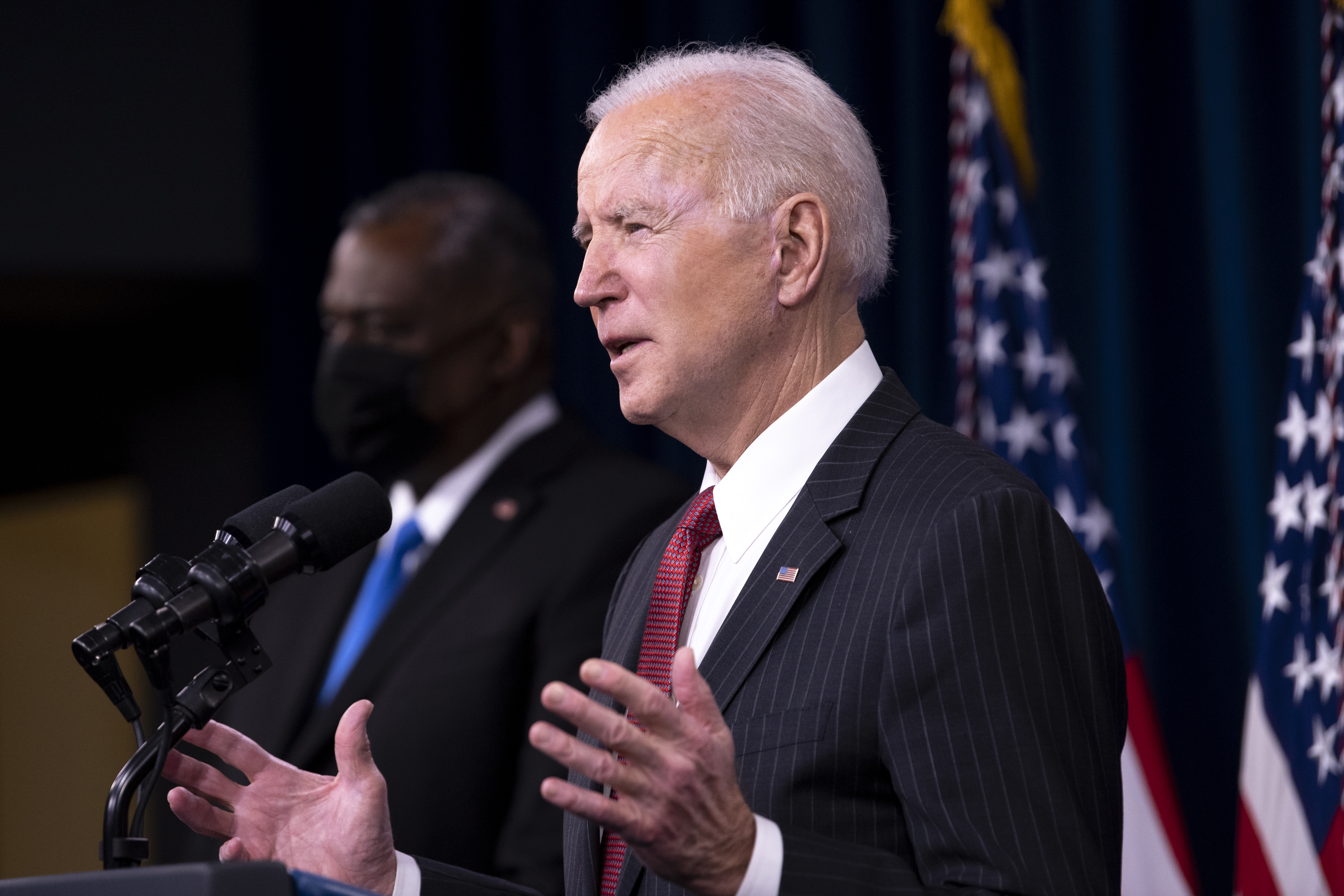Piracy Convictions Affirmed by Fourth Circuit in Unnited States v. Dire
At bottom, then, the defendants’ position is irreconcilable with the noncontroversial notion that Congress intended in § 1651 to define piracy as a universal jurisdiction crime.
Published by The Lawfare Institute
in Cooperation With

At bottom, then, the defendants’ position is irreconcilable with the noncontroversial notion that Congress intended in § 1651 to define piracy as a universal jurisdiction crime. In these circumstances, we are constrained to agree with the district court that § 1651 incorporates a definition of piracy that changes with advancements in the law of nations. We also agree with the district court that the definition of piracy under the law of nations, at the time of the defendants’ attack on the USS Nicholas and continuing today, had for decades encompassed their violent conduct. That definition, spelled out in the UNCLOS, as well as the High Seas Convention before it, has only been reaffirmed in recent years as nations around the world have banded together to combat the escalating scourge of piracy. For example, in November 2011, the United Nations Security Council adopted Resolution 2020, recalling a series of prior resolutions approved between 2008 and 2011 "concerning the situation in Somalia"; expressing "grave[ ] concern[ ] [about] the ongoing threat that piracy and armed robbery at sea against vessels pose"; and emphasizing "the need for a comprehensive response by the international community to repress piracy and armed robbery at sea and tackle its underlying causes." Of the utmost significance, Resolution 2020 reaffirmed "that international law, as reflected in the [UNCLOS], sets out the legal framework applicable to combating piracy and armed robbery at sea." 15 Because the district court correctly applied the UNCLOS definition of piracy as customary international law, we reject the defendants’ challenge to their Count One piracy convictions, as well as their mandatory life sentences.



-(1).jpg?sfvrsn=e107e99c_5)

